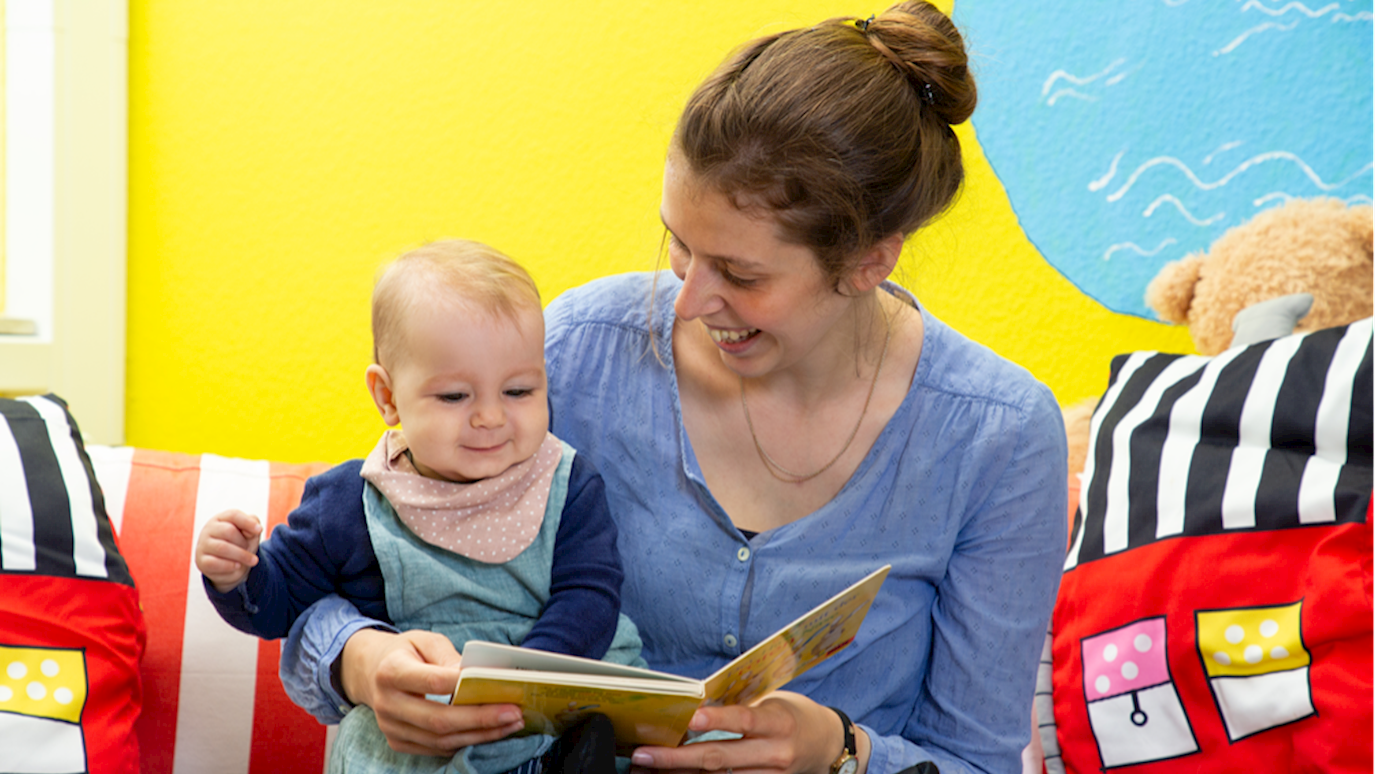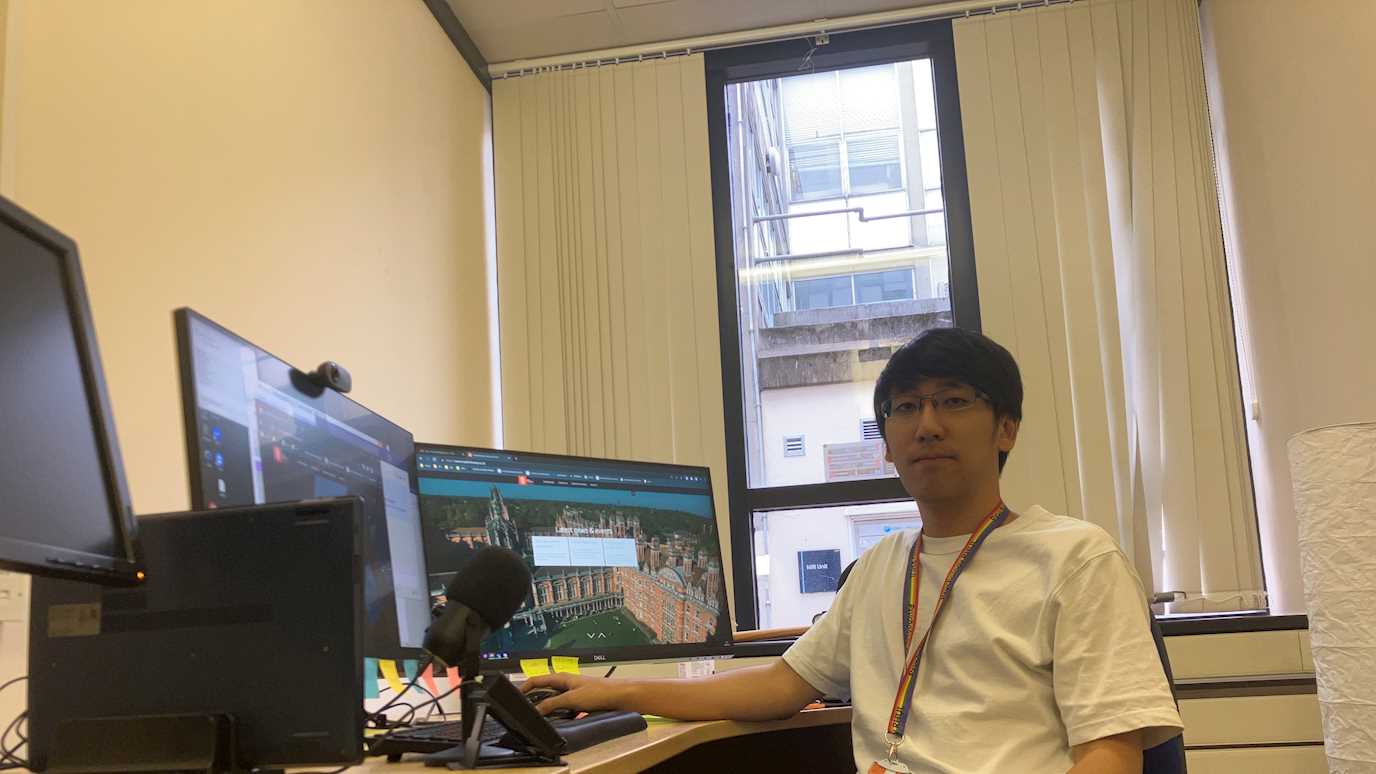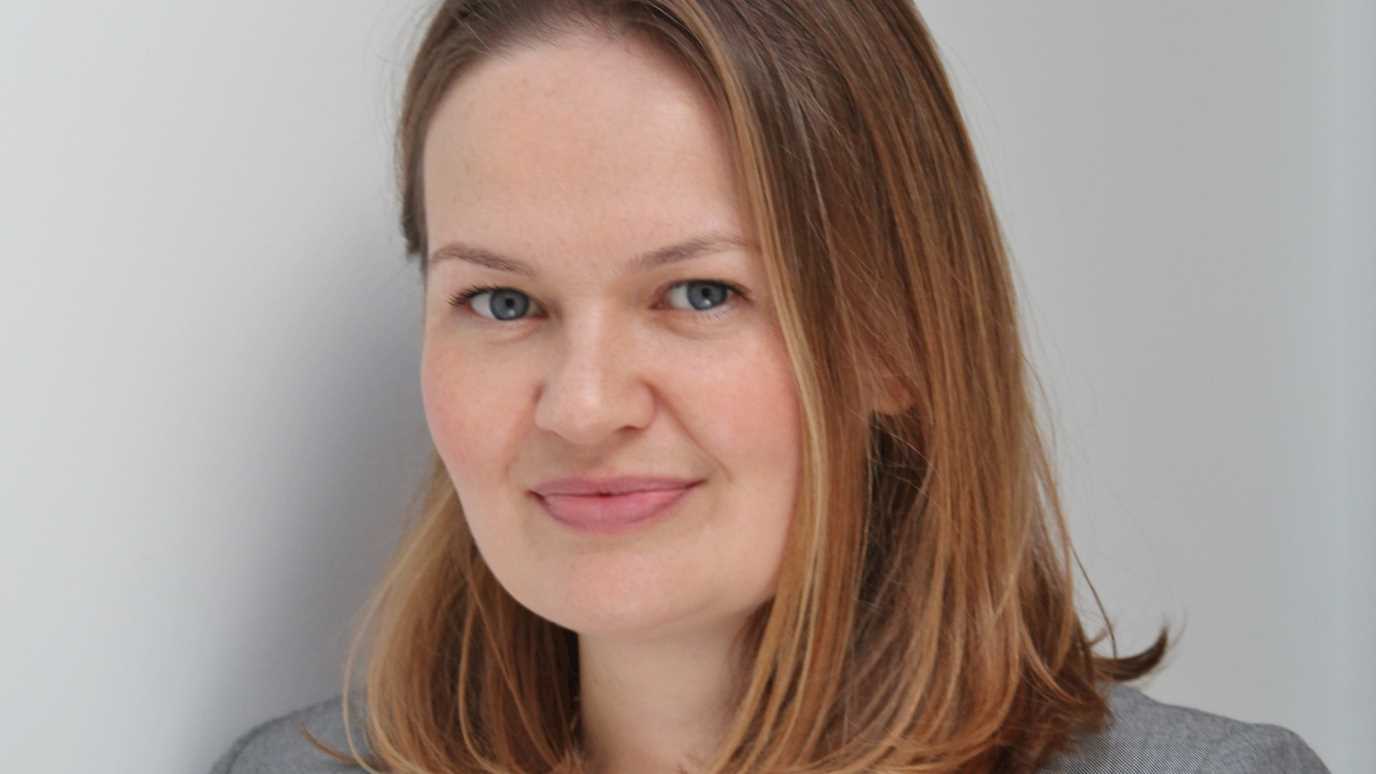Dr Jeanne Shinskey, director of the Royal Holloway baby lab, investigated the impact of COVID-19 lockdown measures on the development of infants as part of an international consortium of researchers.

An international consortium with researchers from 13 countries has investigated the impact of Covid-19 related social isolation measures on 2,200 young infants and toddlers between 8 and 36 months of age. Their findings provide insights into the effects of lockdown on language acquisition and screen time in the generation of youngsters growing up during this extraordinary period. A study on the impact of lockdown-related activities on language development, led by the University of Oslo, was published in the journal Language Development Research. A second study on the increase in screen-time during lockdown and its impact on language development, led by the University of Göttingen with the Max Planck Institute for Psycholinguistics in Nijmegen and the University of Applied Sciences and Arts Western Switzerland, was published in the journal Scientific Reports.
Shortly after lockdown began in early March 2020 across 13 countries, parents were asked to complete an online questionnaire containing questions on the child’s age, exposure to different languages, number of siblings and vocabulary development. Parents were then contacted again at the end of the lockdown (for that family or in that area, in general). They were asked about the activities that they undertook with their child during lockdown, the amount of time their child had access to screens both during lockdown and before, as well as questions on how much screen time they typically had themselves and their attitudes towards children’s screen time. Parents were also asked to complete a standardized vocabulary checklist indicating the number of words their child understood and/or said at the beginning, and again, at the end of lockdown so that an increase in the number of words gained over lockdown could be calculated.
The studies find that, during lockdown, children who were read to more frequently were reported by their caregivers to have learned more words, relative to their peers who were read to less frequently. However, children with increased exposure to screens learned to say fewer words, relative to their peers with less screen time. In addition, while children were exposed to more screen time during lockdown than before, overall, children were reported to have gained more words than expected during lockdown, relative to pre-pandemic levels. The increase in screen time during lockdown was greater if lockdown was longer, and in families with fewer years of education, and where parents reported using screens for longer themselves.
“Identifying the effects of parent-child activities on the child’s vocabulary growth is a significant finding, given that we assessed changes in children’s vocabularies over an average period of just over one month in our study,” says Professor Julien Mayor, University of Oslo. “While this suggests that the relatively short isolation did not detrimentally impact language in young children, we should be cautious in assuming this would apply during normal times or to longer lockdowns, given the extraordinary circumstances that children and their parents faced during this time”, adds Assoc. Professor Natalia Kartushina, University of Oslo.
Indeed, the authors attribute increased screen time precisely to the unprecedented circumstances that families found themselves in during lockdown, including but not limited to the closure of day care centres, sport facilities and play groups for children. “Many caregivers were in the novel situation of caring for and entertaining their young infants at home all day without recourse to other activities and in addition to their other responsibilities. Allowing your child increased screen time is an understandable solution to this unprecedented situation, in which caregivers were juggling multiple responsibilities – meetings at work or chores that require concentration, together with a small child who needs entertaining. We’ve all done it during lockdown,” says Professor Nivedita Mani, University of Göttingen. The authors suggest, therefore, that it makes sense that even young children – who had no online schooling or attendance requirements – had increased screen time during lockdown. Nevertheless, the authors find it reassuring, that despite having increased exposure to screen time during lockdown, children learned more words during the lockdown period in March 2020, relative to before the pandemic. This is potentially due to other activities that parents undertook with their children during lockdown.
Original publications
- Bergmann, C., Dimitrova, N., et al, Young children’s screen time during the first COVID-19 lockdown in 12 countries, Scientific Reports 2022, DOI: https://doi.og/10.1038/s41598-022-05840-5
- Kartushina, N et al, COVID-19 first lockdown as a window into language acquisition: associations between caregiver-child activities and vocabulary gain, Language Development Research 2022, DOI: https://doi.og/10.34842/abym-xv34
























